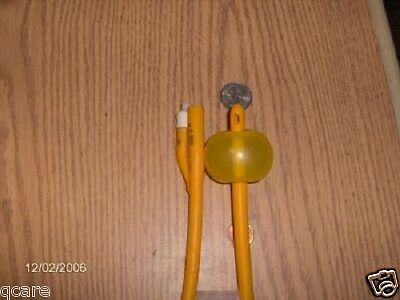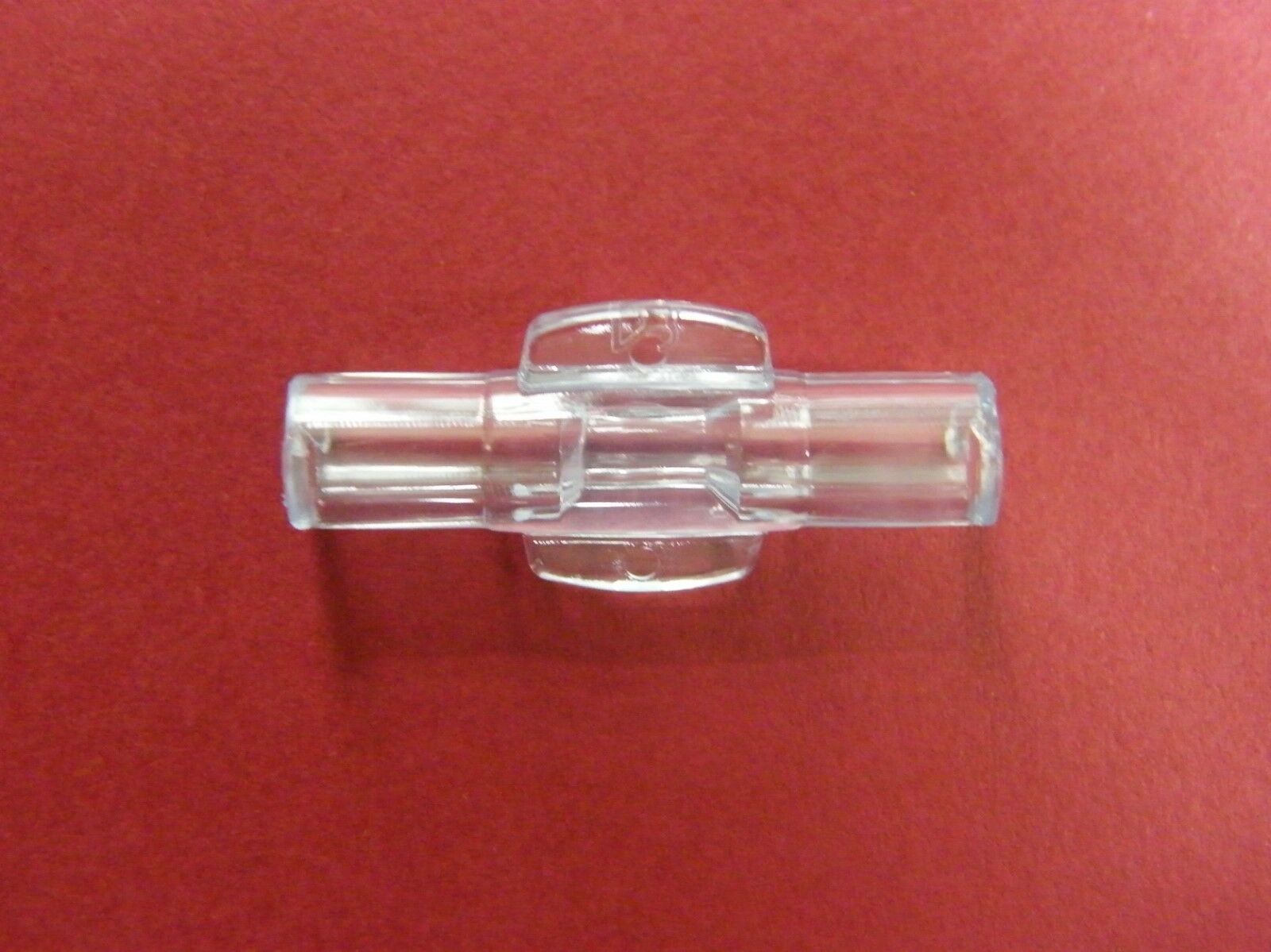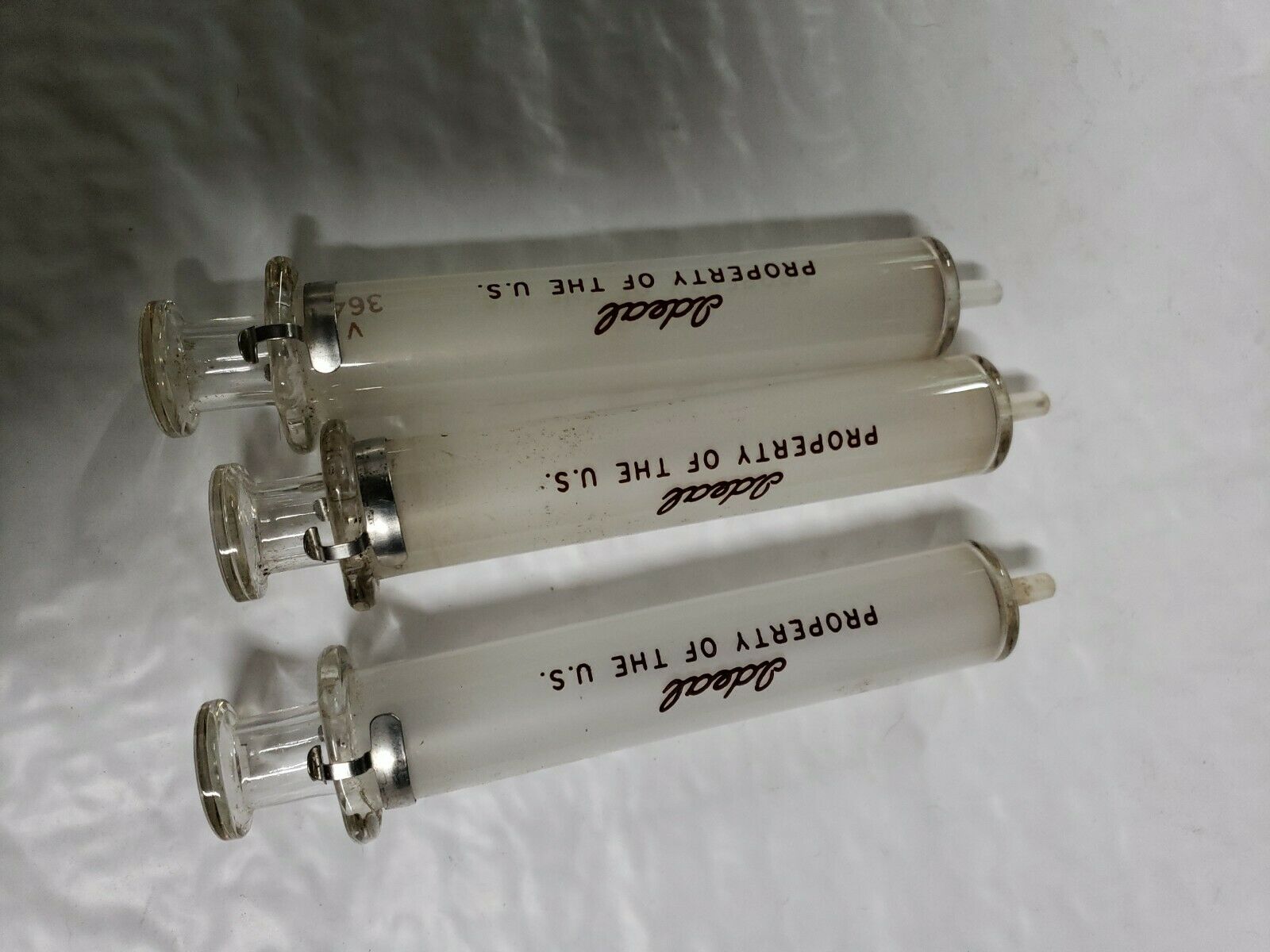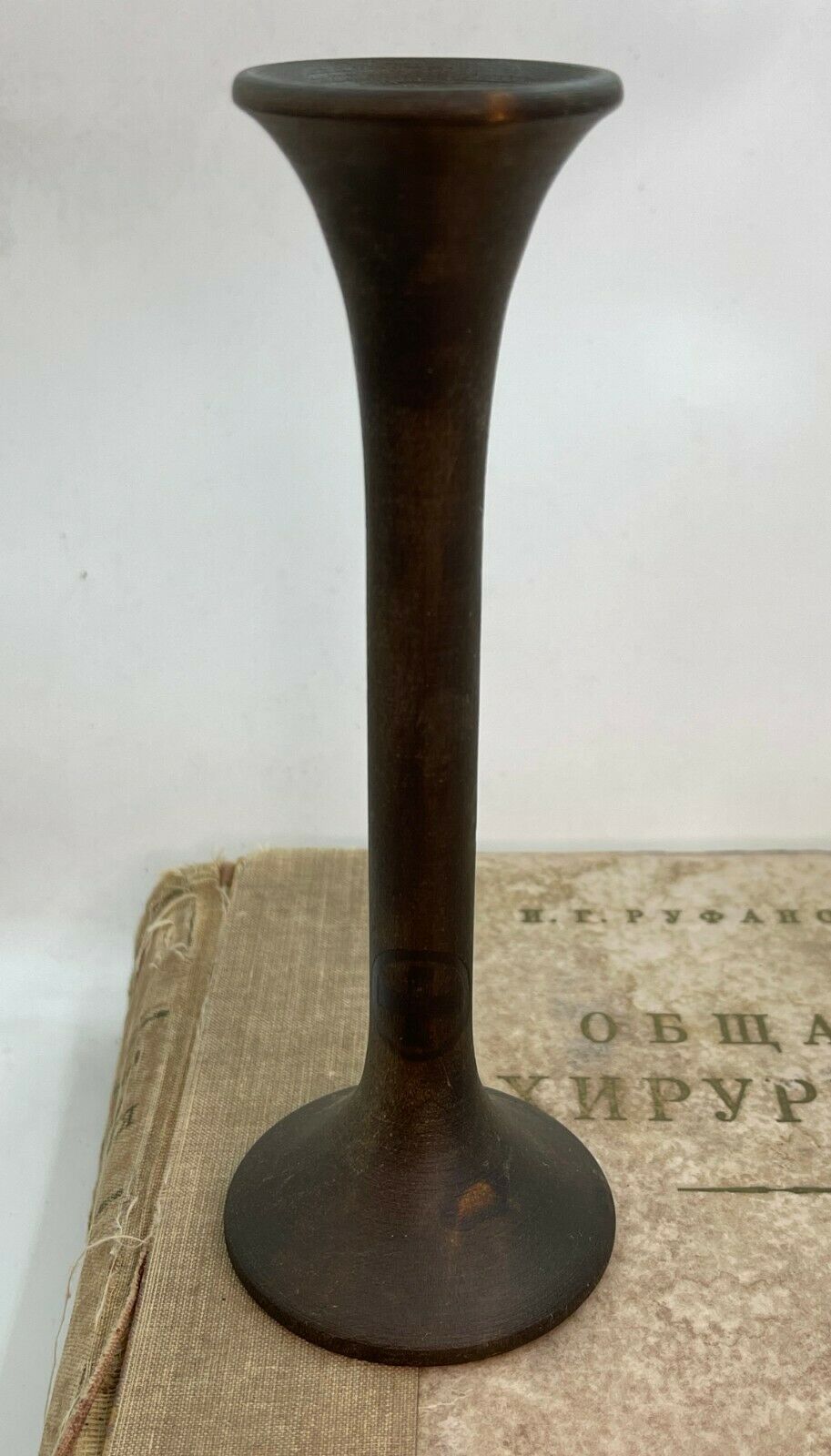-40%
Willard State Hospital Medcraft Electroshock Therapy ECT Machine Insane Asylum
$ 1161.07
- Description
- Size Guide
Description
This is effectively the Holy Grail of American asylum / psychiatric history artifacts.Taken from the now-mostly-collapsed Edgemere Building at Willard State Hospital (formerly "The New York State Asylum for the Chronic Insane") around two decades ago, this Medcraft B-24 Glissando Electroconvulsive Therapy (ECT) machine was found in the basement under a half-collapsed room, where presumably it had sat for decades. The most iconic electroshock therapy device ever made, the Medcraft B-24 was first released in 1951 - by 1954, tempular clamp electrodes
such as the ones found still-attached to this device
were discontinued in favor of the band method - this is indeed one of the earliest machines Medcraft put out, as also proven by its low serial number - 677. This is the lowest serial number I have seen on a Medcraft B-24 on any device found
in situ...
....And it works!
Tested on one of my goofy friends in 2006 (note - test was done on hand, not head - I said "goofy", not "stupid") a shock was produced. In 2008 I was able to confirm with a multimeter that the readings from the electrode ports were roughly up to spec - it could probably use a check by a professional electrician before actually performing ECT, but
roughly 70 years after its manufacture, this beauty is ready to go! Check out the second picture to see the working lightbulb, proving that the fuse isn't blown.
What you do with it once it is yours is your business.
The property tag which accompanied this unit was barely attached when it was saved from entombment within the building; it will arrive detached, but can easily be placed back on the device if you so desire. The real find here, however, is the
tempular electrode clamp - the only one I've seen on over 20 examples of the B-24!
This particular device
predates
the one famously pictured in "One Flew Over the Cuckoo's Nest" and in other films. Please note that one of the tempular discs is missing; an hours-long search of the rubble turned up nothing, and it was likely missing before being placed (for whatever reason) in Edgemere.
As one might expect from a device such as this, there is oxidation on the front facade and electrode clamp. There is some water damage to the case, and it gives off a musty odor likely brought on by years of hard living in a collapsing room (and then the basement beneath). The cord is not original - it was replaced by someone at Willard State Hospital; the cord pictured is what the machine was last used on a patient with. As I am not an expert in the conservation of metal objects, I have not attempted to remove the oxidation, preferring its aged look in any case. However, this item is certainly a candidate for restoration if you prefer a cleaner look; tests with various oils removed some areas of oxidation and buffed the metal back to a gleaming chrome.
This is part of a large set of listings I am going to be putting up this summer of asylum, sanatorium, and quarantine hospital memorabilia. Unfortunately, the acquisition of an even larger and more historically important collection inherited after the passing of my best friend has forced my wife and I both to part with some of our treasures; we live in NYC and have limited space.
Please inspect the pictures carefully and ask any questions you may have ahead of time - no returns will be allowed for any reason from these auctions.
















